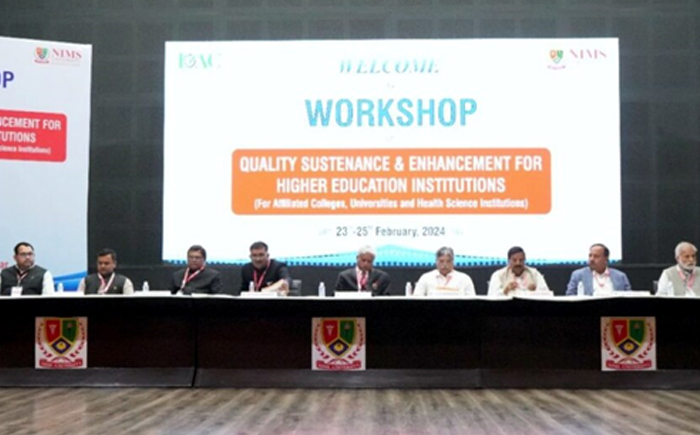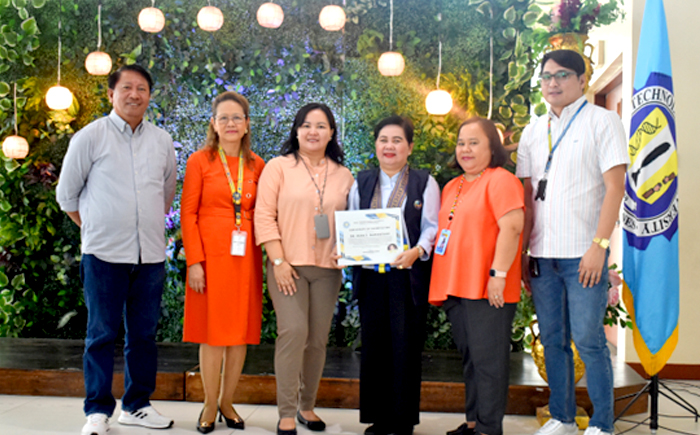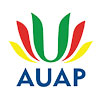Experts Discuss Trends and Challenges in Sports Media at INTI Forum
INTI International College Subang’s (IICS) Centre of Australian Degree Programs (CADP) teamed up with Swinburne University of Technology (SUT) to host an engaging forum titled “Navigating Trends, Challenges, and Fan Engagement.” The event, held on 6 May at the Tan Yew Sing Auditorium, featured a diverse panel of experts, including Dr Mark Finn, Academic Director of Partnerships and Senior Lecturer in Media and Communications at SUT; Burn, a sports commentator at Astro Arena; and Ahmed Shahrazad Sani, a sports journalist at Astro Arena.
Dr Mark Finn started the discussion by highlighting Gen Z’s desire for authenticity in sports. He remarked, “One thing we know about Gen Z is that they’re after authenticity. They want the real story and the athletes telling their real stories in real-time.” Reflecting on his educational journey, he added, “When I went to college and learned media studies, Public Relations (PR), and broadcasting, I discovered what single-camera production was and what multiple-camera production was. Even though I wasn’t going to become a cameraman, you needed to have the know-how.”
He stressed the importance of gaining industry experience early in one’s career. “As you evolve in your career, there will come a point where you decide whether to stay in your comfort zone or move out of it. Having the experience and know-how to enter the industry first will put you in good stead to navigate the production process.”
On the topic of emerging technologies, Dr. Finn noted, “Virtual reality (VR) and augmented reality (AR) are reshaping the future of sports, drawing more individuals into the sport through an increase in sports games. These technologies are fascinating and pivotal in accelerating sports engagement, highlighting the integral relationship between technology and sports.”
Ahmed Shahrazad Sani underscored the importance of being genuine with Gen Z sports fans. “You have to appreciate this current generation of sports fans. They are very knowledgeable, and you must be genuine with them, regardless of their viewpoint. Understanding each person’s perspective is crucial because what they bring can be valuable.”
He advised future PR professionals to create platforms that support athletes in managing their personal and professional lives. “If you’re really into PR, develop a platform to help our athletes manage their personal and professional lives. Most of them don’t have managers or professional teams. Athletes often share personal stuff but don’t know how to manage it professionally. This is an area where you can make a significant impact.”
Ahmed pointed out the challenges athletes face in meeting diverse language demands. “When athletes post one statement in English, people ask for it in Bahasa. When provided in both, they ask for it in Mandarin and Tamil. It’s a never-ending battle.”
He concluded by emphasising the need for professional support for athletes. “Our athletes are at the front line, and with the right support, we can help them succeed personally and professionally. Be the professional who can help our athletes navigate these challenges. PR in sports is a very young field in Malaysia, and this is the next step towards building a healthier culture and society.”
Burn shared his experiences and the importance of continuous learning in his career. “Every day is a challenge and a learning process. You’ve never done it before. No matter your skill, there’s always something new to discover.” He emphasised the need to provide unique value as a presenter, host, or commentator. “The challenge as a presenter, host, or commentator is always giving value—providing what you cannot search on the Internet. The value you bring is what sets you apart from your audience and gets you the numbers you want.”
Burn encouraged students to utilise digital platforms to build their profiles. “Use platforms like X, YouTube, TikTok, and Instagram to build your pages and profile. If you love talking about football, consider having your football show on YouTube. It can be your digital profile for future employers.” He stressed the importance of having a ready portfolio, advising, “Having a portfolio ready when you finish your studies is crucial. Don’t wait. As you create content in college, always ask yourself what unique value your work adds compared to existing content.”
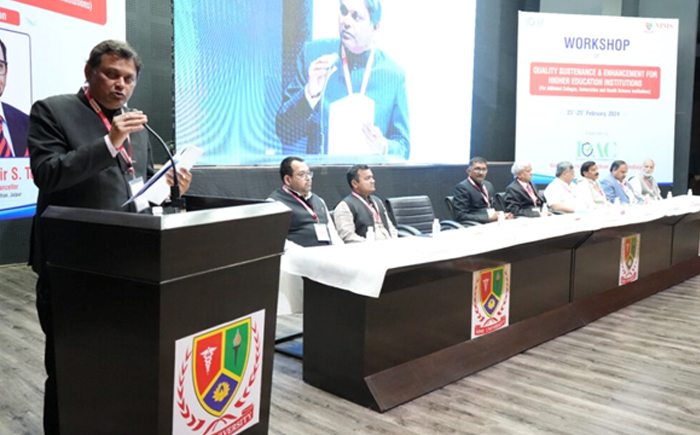 The workshop comprised eight sessions covering various topics:
1. Governance Challenges
2. Research and Innovation Activities
3. Financial and Management Issues
4. Communication and IT
5. Teaching and Learning Strategies
6. Quality Concerns
7. Student Affairs and Challenges
8. Opportunities for Health Sciences Institutions
The workshop comprised eight sessions covering various topics:
1. Governance Challenges
2. Research and Innovation Activities
3. Financial and Management Issues
4. Communication and IT
5. Teaching and Learning Strategies
6. Quality Concerns
7. Student Affairs and Challenges
8. Opportunities for Health Sciences Institutions
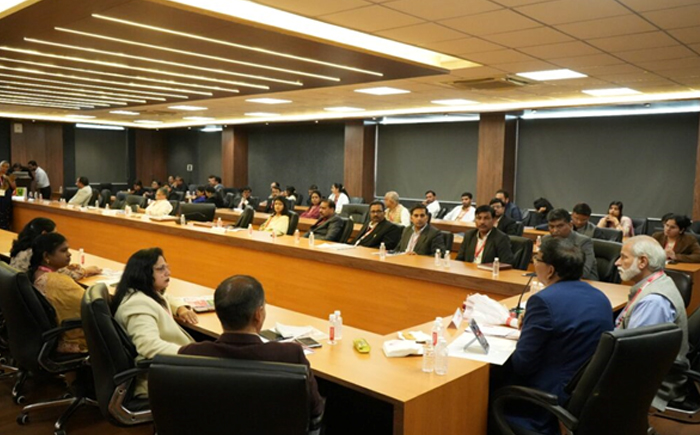 Founder and Chancellor, NIMS University Prof. (Dr.) Balvir Singh Tomar, while highlighting the importance of the IQAC workshop, said that NAAC accreditation is a mark of quality education in universities. It provides students with information about institutions where the best policies are implemented.
Founder and Chancellor, NIMS University Prof. (Dr.) Balvir Singh Tomar, while highlighting the importance of the IQAC workshop, said that NAAC accreditation is a mark of quality education in universities. It provides students with information about institutions where the best policies are implemented.
